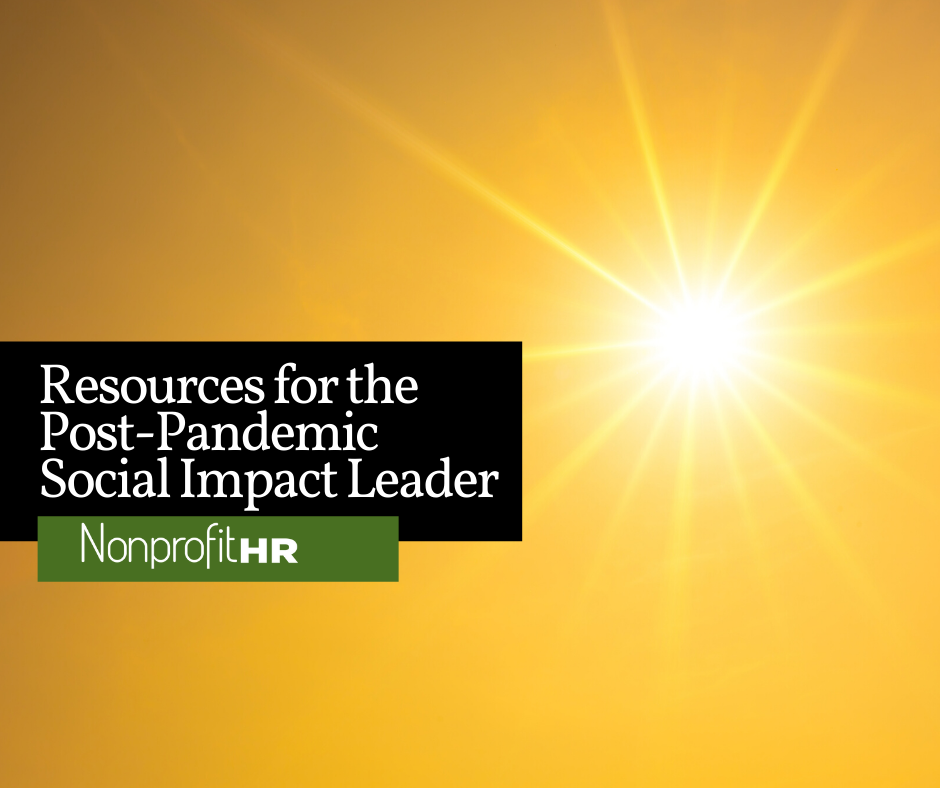WTOP: 5 ways nonprofits can…
Being out of work for extended periods of time doesn’t have to kill your future job prospects if you know how to properly address it on your resume.
New research from CareerBuilder shows that 85 percent of hiring managers and human resource professionals are more understanding about employment gaps than they were before the recession. So how do the five million people who have been out of work for more than six months address this gap in employment on their resume?
Amanda Clark has the details.
- Use the time productively: It’s easy to get discouraged about extended unemployment, but a person must make a point to use their time out of work in a productive way. Whether you’re taking a class or getting another certification, 61 percent of hiring managers explain that additional education is a great way to use the down time. Attending professional seminars and enrolling in community college courses helps to keep skills sharp and show that you’re interested in staying up-to-date on the industry and will present well on a resume.
- Give back to the community: Sixty percent of hiring managers who were surveyed explain that volunteering helps to bolster a candidate’s appeal. Doing community service emphasizes a person’s strong character and work ethic. To help make volunteer work benefit you, choose opportunities that complement your previous experience and can then get woven into your resume. If you were working in marketing prior to the loss of your job, help out with PR efforts for a local charity. If you spent time working with kids, get involved at a children’s hospital.
- Pick up temporary work: Temporary or contract assignments are no longer just for entry-level employees. These kinds of opportunities help a professional to keep their skills sharp and also allow them to build connections in the industry. Various opportunities are available across a range of job types. Seventy-nine percent of hiring managers explain that contract or temporary work is beneficial for jobseekers; it allows an individual to continue to develop skills and will also provide data and details for the white space that is looming on a resume.
Spending a significant amount of time out of work can make a person feel as if they’re up against the clock, racing to find a job, and it can also cause considerable stress when crafting a resume. A job seeker may worry about how potential employers will view their extended unemployment, and fear that they’ll never get back into the workforce. Fortunately, hiring managers are starting to care less about the length of an individual’s unemployment, and more about how the person handled this period.





























